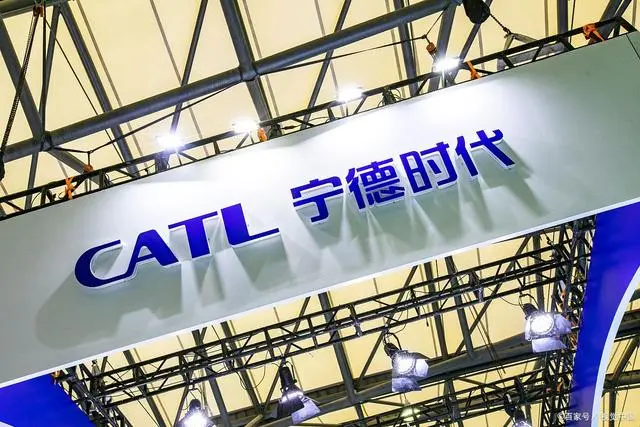 |
Welcome To Evlithium Best Store For Lithium Iron Phosphate (LiFePO4) Battery |
 |

As a global leader in lithium battery manufacturing, CATL (Contemporary Amperex Technology Co., Ltd.) consistently draws significant attention from the industry. Recently, a series of remarks by CATL’s founder and chairman, Robin Zeng Yuqun, in an interview has sparked considerable debate within the lithium battery sector.
On November 13, Reuters reported that Robin Zeng stated in an interview that Tesla CEO Elon Musk "doesn’t know how to make batteries," and that Musk's bet on cylindrical batteries—specifically the 4680 model—"will fail and never succeed."
Notably, the 4680 battery represents one of the latest innovations in large cylindrical battery technology. Developed by Tesla from the smaller Panasonic 2170 cylindrical batteries, it was introduced in 2020 with the primary innovation being a redesigned structure aimed at enhancing energy density. Reports suggest that the 4680 battery boasts five times the energy capacity of its 2170 predecessor.
Cylindrical batteries also excel in safety and cost-effectiveness. In comparison, prismatic ternary batteries, which use high-nickel materials, are prone to spontaneous combustion, while pouch ternary batteries, despite their superior performance, come with higher costs. By contrast, large cylindrical batteries demonstrate structural stability throughout their lifecycle. Unlike other battery types, 46-series cylindrical batteries do not develop internal stress from swelling, preserving their internal structure.
Given these advantages, some experts believe large cylindrical batteries will become the primary power source for mid-to-high-end vehicles in the future.
The adoption of cylindrical batteries is already gaining momentum. Leading manufacturers such as EVE Energy, CALB, LG Energy Solution, Panasonic, Samsung SDI, Envision AESC, BAK Battery, Gotion High-Tech, SVOLT, and Lishen Battery have all embraced this technology. On the application side, automakers including Tesla, BMW, Volvo, Stellantis, Dongfeng’s Voyah, JAC Motors, Porsche, and NIO have announced plans to use or are considering the use of large cylindrical batteries.
CATL is also a prominent player in this field, with products such as the 4680 and 4695 batteries. The company has planned 12GWh of production capacity across eight production lines for large cylindrical batteries. In September 2022, CATL entered a partnership with BMW to establish 20GWh of production capacity in both China and Europe, aiming to begin mass production in 2024 and supply BMW with cylindrical batteries by 2025.
CATL’s cylindrical batteries reportedly offer a cycle life more than three times that of competitors, energy densities over 10% higher, and superior safety performance.
Despite CATL’s involvement in cylindrical battery development, Robin Zeng declared Tesla’s cylindrical battery approach doomed to fail. This has prompted speculation about potential breakthroughs CATL may have achieved in prismatic or pouch battery technologies.
“We had a very heated debate,” Zeng revealed, describing a discussion with Elon Musk. “I showed him why cylindrical batteries won’t work. He was silent. He doesn’t know how to make batteries. It’s an issue of electrochemistry. His expertise lies in chips, software, hardware, and mechanical engineering.”
Zeng also commented on the possibility of establishing a factory in the United States. Currently, CATL’s U.S. operations are limited to licensing agreements. For instance, Ford is building a factory in Michigan under a licensing agreement with CATL to produce cost-effective lithium iron phosphate (LFP) batteries for vehicles like the Mustang Mach-E and F-150 Lightning.
However, Zeng suggested that if former President Donald Trump, should he regain office, allows Chinese companies to invest in the U.S. EV supply chain, CATL would consider building a factory there. “We initially wanted to invest in the U.S., but we were rejected,” Zeng said. “I’m very open to the idea.”
Due to U.S. trade protectionism, Chinese EV and battery manufacturers currently face significant barriers to entry. Chinese-made batteries are excluded from consumer EV subsidies under the Biden administration's policies. Furthermore, the U.S. imposes a 100% tariff on Chinese EV imports, effectively functioning as a ban.
In August, Trump stated in an interview, “We will offer incentives. If China or other countries want to sell cars here, they must build factories here and hire our workers.”
Edit by paco
All Rights reserved © 2025 Evlithium Limited